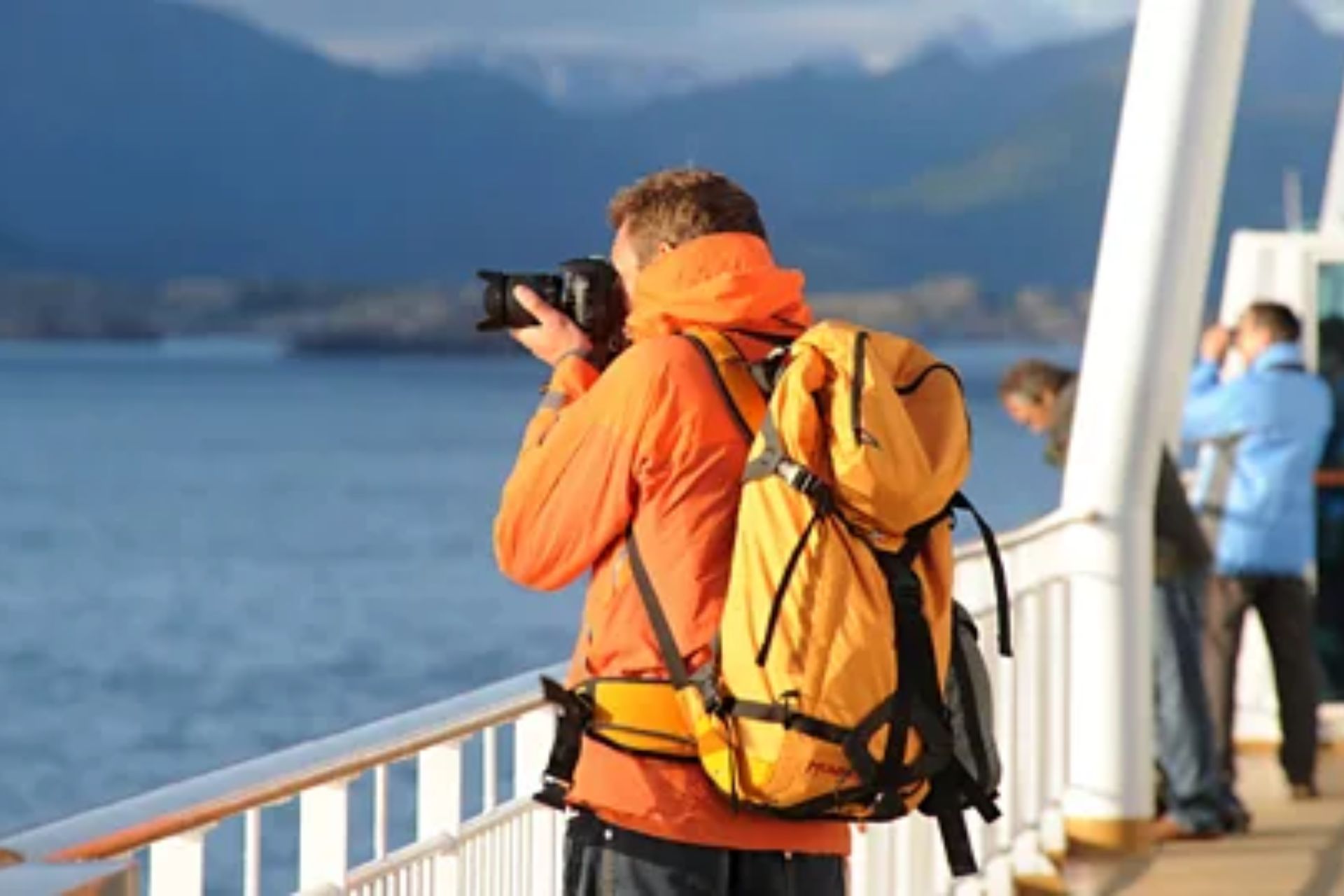
Are Expedition Tours Truly Beneficial for Local Communities?
Image Name: Local Communities
Image Credit: BBC News
With the growing demand to be unique in travels, expedition tours have become widely popular. They market adventure and cultural immersion in return for providing back to the local communities. Are we really bringing any benefits to the local communities? This article will discuss the implication of expedition tourism by comparing its benefits and drawbacks.
Understanding Expedition Tours
The common adventure tours that expedition tourism usually encompasses travel to relatively isolated parts of regions for adventure, wildlife, and cultural experiences. The tours may take many forms, such as hiking, wildlife watching, and community visits. It promises great experience while further claiming to create job opportunities, participate in conservation efforts, and expose visitors to other ways of living thus contributing economically to local communities.
Perhaps the most convincing argument for expedition tours is the way they feed local economies. They can generate welcome cash for hotels and restaurants through guiding services from individual tour operators, leading to jobs and helping in preserving the traditional lifestyle by contributing to the preservation of traditional ways of life.
And economic benefits may be distributed less than even-handedly amongst participants. Generally, the company operating expedition tours often pools the lion’s share of its profits at home rather than ploughing it back into a number of levels in the expediqion countries. The spending of tourists can also inadvertently shore up industries destroying the environments or cultures of local populations-such as wildlife hunting and unsustainable practices.
Environmental Concerns
Most tour operators are eager to speak about their green policies – even if they too leave some amount of carbon footprint as part of their business model, there is at least the promise of no trace tourism and supporting some form of conservation project. Reality is different however.
Tourism can degrade the environment, especially when a place is sensitive. High numbers of tourists may destroy trails and harass wildlife, and waste materials always gather in the open areas. At times, the tourists’ actions can destabilize fauna systems and, in extreme cases, change the animals’ behaviors or even where they live. The environmental friendliness claims of the expedition tours must therefore be examined for their real interest in sustainability.

Image Name: Expedition Tours
Image Credit: BBC News
Cultural Sensitivity and Authenticity
Expedition tourism is also marked by considerable effects on local cultures. This type of tourism can lead to cultural exchange. On the one hand, the visitors will learn a little about customs and traditions, ways of life, and will respect and appreciate one another’s lives. On the other hand, there are chances that such encounters result in commodification of culture. Local cultures might be compelled to perform or act before tourists. Their original practices are likely to be altered based on tourist expectations.
In addition, mass tourism can lead to cultural degradation wherein the traditional ways of life among people are drowned out by the needs of tourists. In this event, travelers ought to be, and must be, respectful and humble in their engagement with local culture, not in exploiting the locals, however.
Responsible Travel Best Practices
Responsible travel is the practice adopted by tourists to ensure that expedition tours benefit local communities. Here are some positive impacting tips in how to do this:
- Research Tour Operators: Select operators who place emphasis on sustainability and community involvement. Certifications from organizations that signify responsibility towards practices also count.
- Support Local Businesses: Anytime you get an opportunity, dine in restaurants and buy from artisans who sell in the locality. This way, you get to keep the money that goes into the community.
- Engage Respectfully: Enter cultural contexts with open minds, ready to learn. Do not impose your values or expectations onto local practices.
- Minimize Your Footprint: Be aware of your ecological footprint. Live out the Leave No Trace principles where applicable, and participate in conservation efforts whenever possible.
- Feed them back positively. Let them know your experiences working with tour operators, saying that above and beyond offering a benefit to the local communities, there should be sustainability. Constructive feedback can increase their prospect to change positively for good.
Conclusion
Sometimes the most interesting experiences that await a traveler come in the form of expeditions. However, we must then also question ourselves critically whether these types of tours really benefit local communities. Responsible travel practices merged with benefiting the local economy will help ensure that our adventures positively impact places.
In expedition tourism, just like in tourism, a traveler should keep up with changes in the tourism industry. There is only one way for one to become an expedition tourist: by being made different, not only for us but for the communities that we visited on the way. Travel mindful and propel a more just and sustainable world for global tourism.
